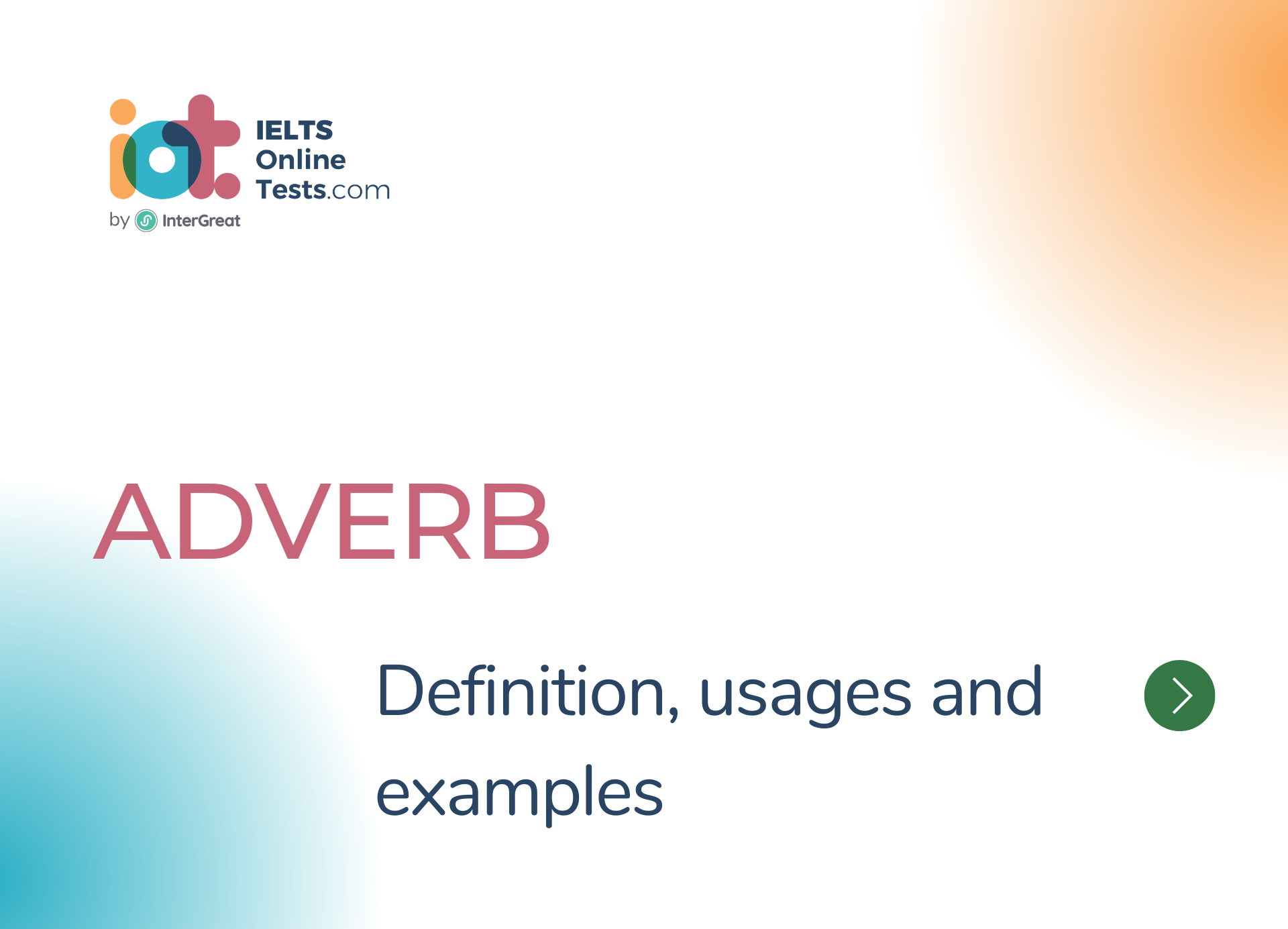
Adverb definition, usages and examples
Adverbs are versatile words that modify verbs, adjectives, or other adverbs. They provide additional information about how, when, where, or to what extent an action or quality occurs.
Here are some key points about adverbs:
Definition: Adverbs are words that modify verbs, adjectives, or other adverbs by providing information about the manner, time, place, frequency, degree, or certainty of an action or quality.
Manner: Adverbs describe how an action is performed or how an adjective or another adverb is characterized.
- Example:
- "She sings beautifully,"
- "He ran quickly."
- Example:
Time: Adverbs indicate when an action occurs or the frequency of its occurrence.
- Example:
- "They arrived early,"
- "I often go jogging."
- Example:
Place: Adverbs describe where an action occurs or the location of something.
- Example:
- "She looked everywhere,"
- "He went upstairs."
- Example:
Degree: Adverbs express the intensity, extent, or level of an action or quality.
- Example:
- "She worked extremely hard,"
- "He is quite tall."
- Example:
Comparison: Adverbs can be used to compare actions or qualities.
- Example:
- "She dances better than him,"
- "He sings as well as she does."
- Example:
Formation: Adverbs can be formed by adding the suffix "-ly" to adjectives.
- Example:
- "quick" (adjective) → "quickly" (adverb)
- "beautiful" (adjective) → "beautifully" (adverb)
- Example:
Placement: Adverbs can be placed before or after the verb, adjective, or adverb they modify, although there are some specific rules and conventions for placement in certain contexts.
Adverbial Phrases: Some adverbs consist of multiple words and are referred to as adverbial phrases. They function as adverbs and provide additional information about an action or quality.
- Example:
- "She studied all night,"
- "He went to the park yesterday."
- Example:
Adverbs enhance our language by adding precision, detail, and context to our sentences. By using adverbs effectively, we can provide a more complete and nuanced description of actions, qualities, or circumstances. Adverbs contribute to the overall flow and comprehension of our communication by answering questions such as "how," "when," "where," "how often," or "to what extent."




